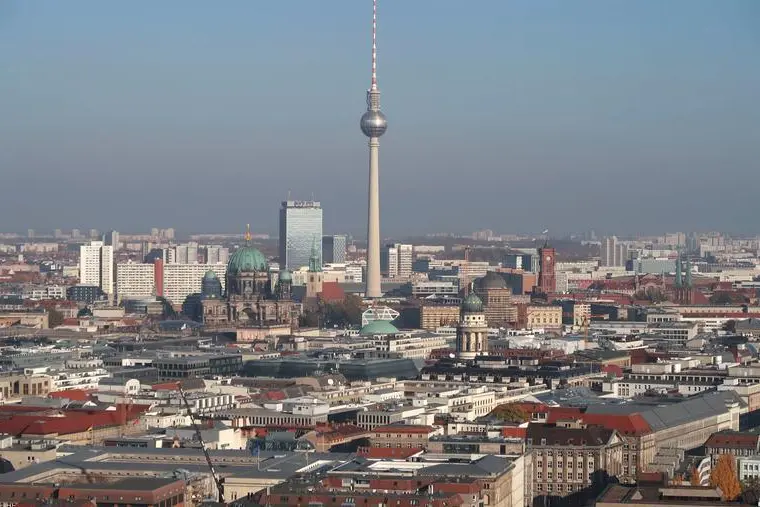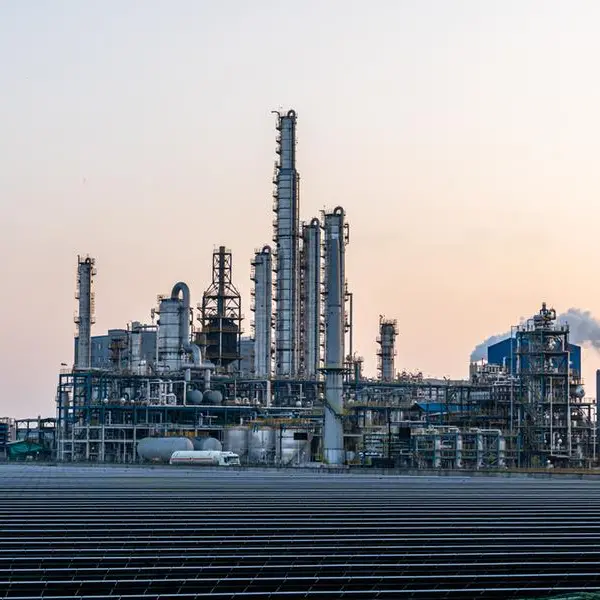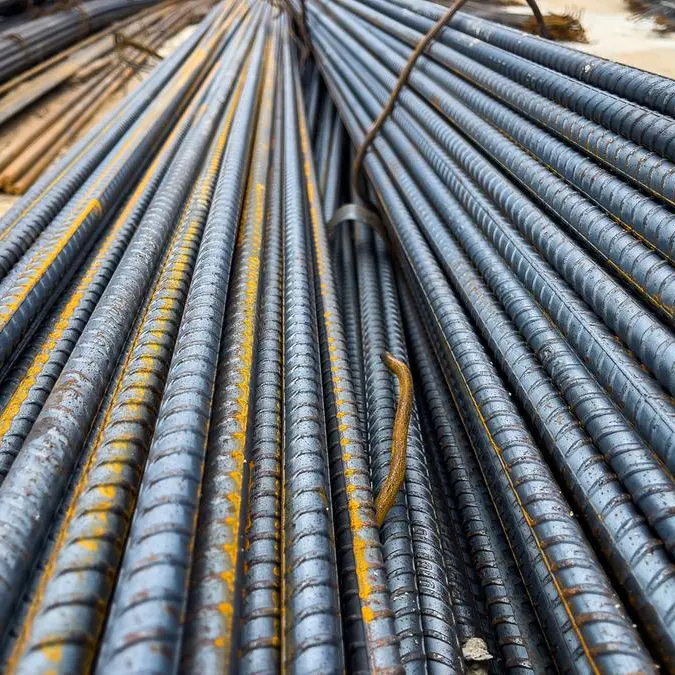PHOTO
BERLIN - Germany's manufacturing sector saw much slower growth in April due to supply disruptions and a drop in new orders whereas the services sector of Europe's biggest economy accelerated, a survey showed on Friday.
S&P Global's flash manufacturing Purchasing Managers' Index (PMI) fell to 54.1 in April, from 56.9 in March, and its lowest level in 20 months as new orders dropped for the first time in nearly two years. They were dragged down by customers' uncertainty about the outlook, economic sanctions and supply chain bottlenecks caused by the war in Ukraine.
An index reading above 50 indicates growth in activity.
The flash services PMI hit an eight-month high, rising to 57.9 this month from 56.1 in March, as the easing of COVID-19 restrictions helped the sector. Analysts had on average predicted a decline to 55.5 in a Reuters poll.
The composite PMI, which tracks the manufacturing and services sectors that together account for more than two-thirds of the German economy, dropped to 54.5 but was slightly better than the 54.1 expected by analysts.
"We're seeing a growing divergence in the performance of Germany's manufacturing and service sectors," said Phil Smith, Economics Associate Director at S&P Global.
The boost from the services sector will only provide a temporary support to economic growth, Smith said, adding that the negative impact from a protracted downturn in manufacturing could not be ruled out.
Rising prices imposed by companies in both good and services sectors to offset spiralling energy, materials and labour costs pointed to inflation remaining at the highest levels in years in the near term at least, Smith said.
German annual inflation rose to 7.6% on the year in March, its highest level in more than 40 years.
(Reporting by Riham Alkousaa; Editing by Susan Fenton)





















